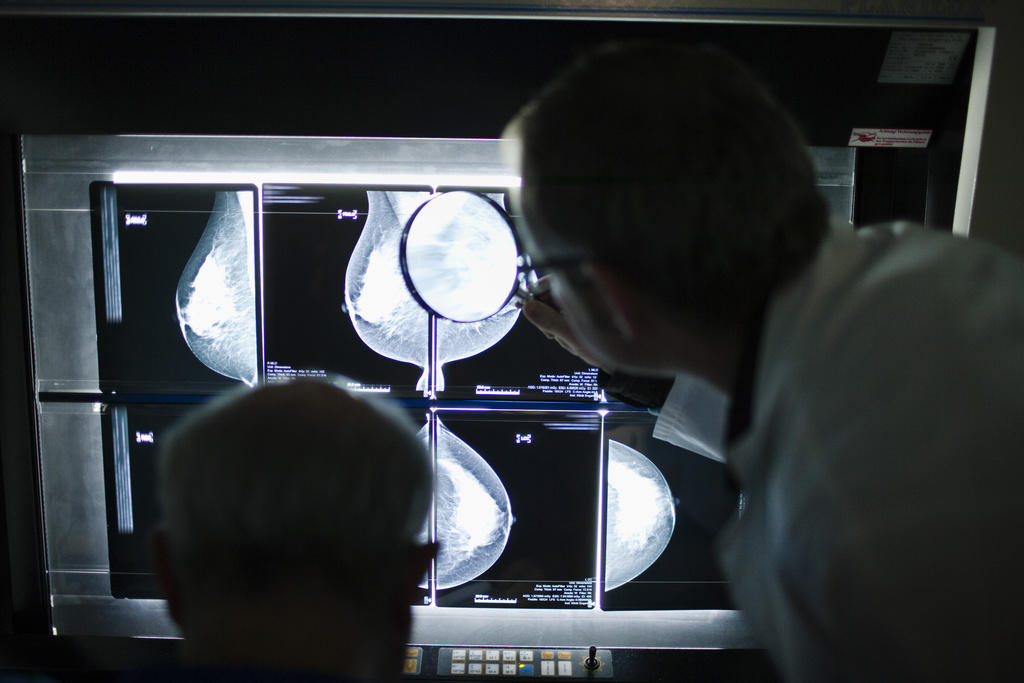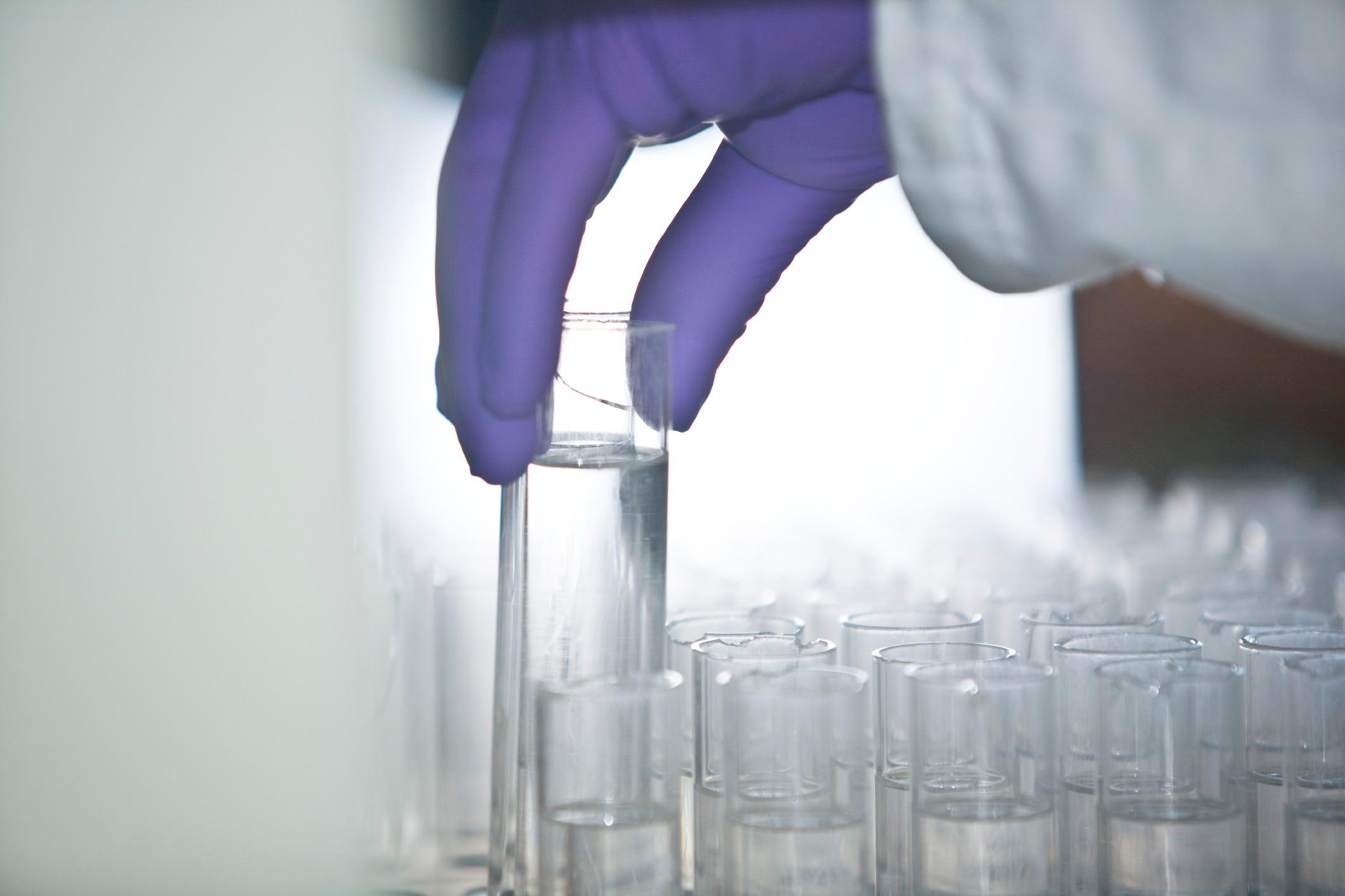
Roche develops tool for one-day cancer diagnosis

As part of its personalised medicine strategy, Swiss pharmaceutical company Roche has launched a diagnostic tool for breast and gastric cancer patients with specific HER2 genetic mutations.
The new VENTANA HER2 companion diagnostic assayExternal link was launched on Tuesday and promises to identify more quickly and effectively the HER2 biomarker in breast and gastric cancer to manage the diseases with targeted therapies.
HER2-positive breast cancer is considered more aggressiveExternal link than many other types of breast cancer as it is less likely to be sensitive to hormone therapy.
Nearly 2.1 million cases of breast cancer are diagnosed worldwide each year, and more than 620,000 people will die from the disease. Some 15-20% of women diagnosed with breast cancer are HER2 positive.
The HER2 biomarker is also found in some gastric cancers, which is one of the most common leading causes of cancer deathExternal link in the world. Early diagnosis can play a pivotal role in reducing mortality.
The VENTANA assay is designed to be completed within a day, giving clinicians the ability to get results back quicker than the other common methods for confirming HER2. Results can be read using light microscopy, eliminating the need for a specialised fluorescence microscope.
Holy grail
The development of companion diagnostics is an important part of Roche’s focus on personalised medicineExternal link. This is considered the holy grail of medicine whereby targeted treatments are employed based on the unique characteristics of each patient’s disease rather than a one-size-fits-all approach.
In the cancer treatment arena, pharma companies are shifting from the traditional way of treating cancer focused on tumour location to treating the mutation directly, offering more opportunities for precision.
Latest cancer research
Meanwhile, researchers from the University of ZurichExternal link have created an innovative method using ultraviolet (UV) light to synthesise radioactive drugs and diagnostic agents to fight cancer.
Radioactive antibodies that target cancer cells are used for medical diagnostics with PET (positron emission tomography) imaging or for targeted radioimmunotherapy.
Conventional methods for radiolabelling proteins take much longer and are difficult to automate. The method developed by the University of Zurich researchers uses UV light to produce radiolabelled antibodies in a mere 15 minutes that can be used for cancer imaging or therapy.
A patent application for the new procedure has been submitted and there are plans for commercial development.

More
The pharma holy grail: drugs for you, designed by you

In compliance with the JTI standards
More: SWI swissinfo.ch certified by the Journalism Trust Initiative

















![The four-metre-long painting "Sonntag der Bergbauern" [Sunday of the Mountain Farmers, 1923-24/26] had to be removed by a crane from the German Chancellery in Berlin for the exhibition in Bern.](https://www.swissinfo.ch/content/wp-content/uploads/sites/13/2025/12/01_Pressebild_KirchnerxKirchner.jpg?ver=a45b19f3)











You can find an overview of ongoing debates with our journalists here . Please join us!
If you want to start a conversation about a topic raised in this article or want to report factual errors, email us at english@swissinfo.ch.